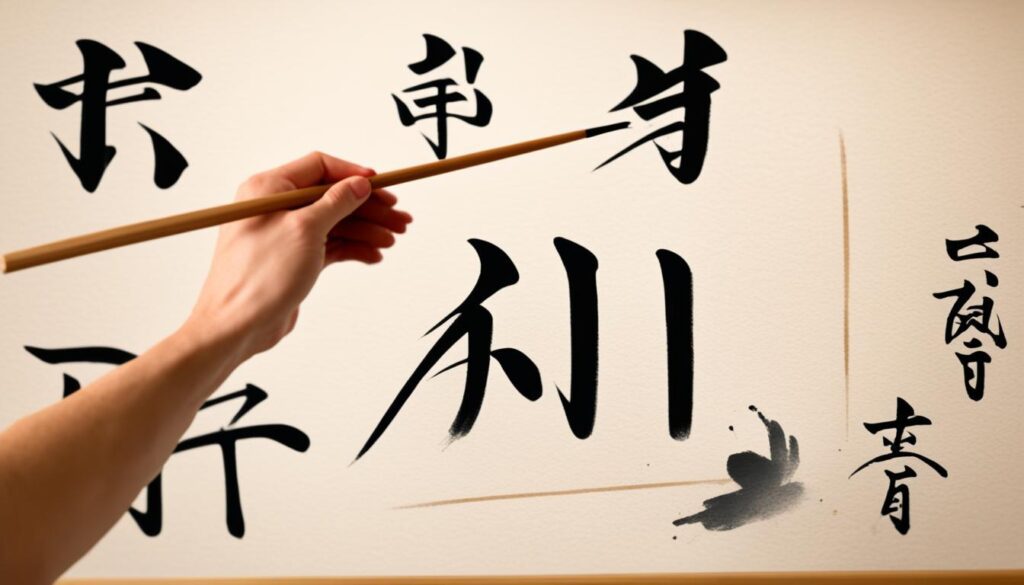Welcome to our guide on how to say “stupid” in Japanese! In this article, we will explore various ways to express this word, provide pronunciation tips, and discuss the contextual and cultural nuances of using such language. Whether you’re interested in expanding your Japanese vocabulary or simply want to understand the language better, this guide will provide you with the knowledge you need.
Learning how to express “stupid” in Japanese can be useful in a variety of situations. It allows you to understand and engage with Japanese media, converse with native speakers, and gain a deeper appreciation for the language and culture. However, it’s important to approach these words with caution, as their usage can be seen as offensive if not used appropriately.
Understand the Importance of Learning Swear Words in Japanese.
When learning a language, it’s not just about mastering the basics and formalities. To truly understand a culture and its people, it’s essential to delve into their language nuances, including the use of swear words. Learning swear words in Japanese can provide valuable insights into the culture and society of Japan.
Swear words are commonly used in various social environments in Japan, and they often appear in Japanese media such as TV shows, movies, and anime. By familiarizing yourself with these words, you gain a deeper understanding of the context and tone of conversations, as well as the unique expressions and idiomatic usage that can be lost in translation. It allows you to fully appreciate and enjoy Japanese-made content.
However, it’s important to approach the usage of swear words with caution and respect. Different cultures have different standards of acceptable language, and what may be perceived as offensive in one culture could be more accepted in another. As a language learner, it’s crucial to understand the appropriate contexts and situations in which these words can be used. Using them inappropriately can lead to misunderstandings or offend others.
Learning swear words in Japanese not only helps you deepen your understanding of the language and culture, but it also adds flavor to your conversational skills. It gives you a glimpse into the more informal and colloquial side of the language, allowing you to connect with native speakers on a different level.
Ultimately, knowing swear words in Japanese is about having a well-rounded understanding of the language and the culture it represents. It’s another tool in your language arsenal that helps you navigate different social situations, understand subtle nuances, and enhance your overall language proficiency. Just remember to use these words with caution and respect, always considering the appropriate context and the people you are interacting with.
Commonly Used Japanese Swear Words and Their Meanings.
Japanese swear words play a significant role in the language, reflecting emotions such as anger, frustration, and disappointment. Understanding their meanings and contextual usage can provide valuable insights into Japanese culture. Here are some commonly used Japanese swear words along with their literal translations:
| Japanese Swear Word | Literal Translation | Meaning |
|---|---|---|
| くそ | Shit/Fuck | Exclamation of anger or frustration |
| ちくしょう | Oh shit/Damn | Expression of frustration or disappointment |
| ばか | Stupid | Insulting term for someone foolish |
| やろう | Bastard | Derogatory term for an unpleasant person |
| ふざけるな | Fuck off | Command to stop joking or provoking |
It’s important to note that while these words may have direct translations, their usage and impact vary depending on the context. They are generally considered offensive and should be used sparingly and appropriately.
The contextual usage of Japanese swear words can amplify their effect and convey emotions more accurately. Understanding when to use these words is crucial to avoiding misunderstandings and unintentionally causing offense. Proper usage of swear words requires familiarity with social norms and relationships in Japanese settings.
Etiquette and Cultural Considerations when Using Japanese Swear Words.

When using Japanese swear words, it’s important to consider the cultural etiquette and social hierarchy in Japan. In Japanese society, there is a certain level of respect and formality expected in interpersonal interactions. Swear words should not be used in formal or polite situations, especially when speaking to someone of higher social status or authority. It’s also important to use caution when using swear words with friends or acquaintances, as some people may find them offensive. It’s always best to err on the side of caution and use language that is appropriate for the situation and the people you are interacting with.
Japan places a significant emphasis on social hierarchy, known as “senpai-kohai” relationships, where respect and deference are shown to those in higher positions. When interacting with someone who is senior to you or holds a higher social status, it’s important to display politeness and humility in your language and behavior. Swear words have no place in these hierarchical relationships and using them can be seen as disrespectful and inappropriate.
Furthermore, Japanese society highly values politeness and harmony in communication. The language itself has various levels of politeness, depending on the formality of the situation and the relationship between the speakers. Swear words are considered impolite and can disrupt the harmony in communication, causing offense or discomfort to others.
In contrast, when interacting with close friends or peers on an informal basis, the usage of swear words may be more acceptable, depending on the dynamics of the relationships and the personalities involved. However, even in these situations, it’s important to be aware of the potential impact of your words and to consider the sensibilities of those around you.
Understanding and respecting the proper usage of Japanese swear words is crucial in navigating the intricacies of Japanese culture and maintaining positive social interactions. By being mindful of the cultural etiquette, social hierarchy, and overall politeness in the Japanese language, you can foster better relationships and avoid unintentional misunderstandings.
Appropriate Usage of Japanese Swear Words
| Situation | Appropriate Usage | Inappropriate Usage |
|---|---|---|
| Formal or polite situations | Not used | Using swear words |
| Interacting with someone of higher social status | Not used | Using swear words |
| Communicating with friends or peers informally | Used with caution, depending on the relationships and dynamics | Using swear words excessively or inappropriately |
Conclusion – Learning Swear Words in Japanese for Cultural Understanding.
Learning swear words in Japanese can offer unique insights into the culture and society of Japan. While it may seem unconventional, understanding these curse words can help you gain a deeper appreciation of the language and its nuances. However, it is essential to approach this aspect of language learning with respect and caution.
Swear words should only be used in appropriate contexts and among individuals who are familiar with and comfortable using them. It is crucial to consider cultural etiquette and social hierarchy, as well as the level of formality expected in interpersonal interactions in Japanese society. Proper usage of swear words also requires a strong grasp of the language, including both formal and informal language, to effectively communicate and express yourself in different situations.
Ultimately, the benefits of learning swear words in Japanese extend beyond simply knowing the words themselves. It allows for a deeper cultural understanding and the ability to fully comprehend and engage with Japanese media and conversations. By appreciating the subtleties of the language, you can better navigate the cultural nuances and forge stronger connections with native speakers.

